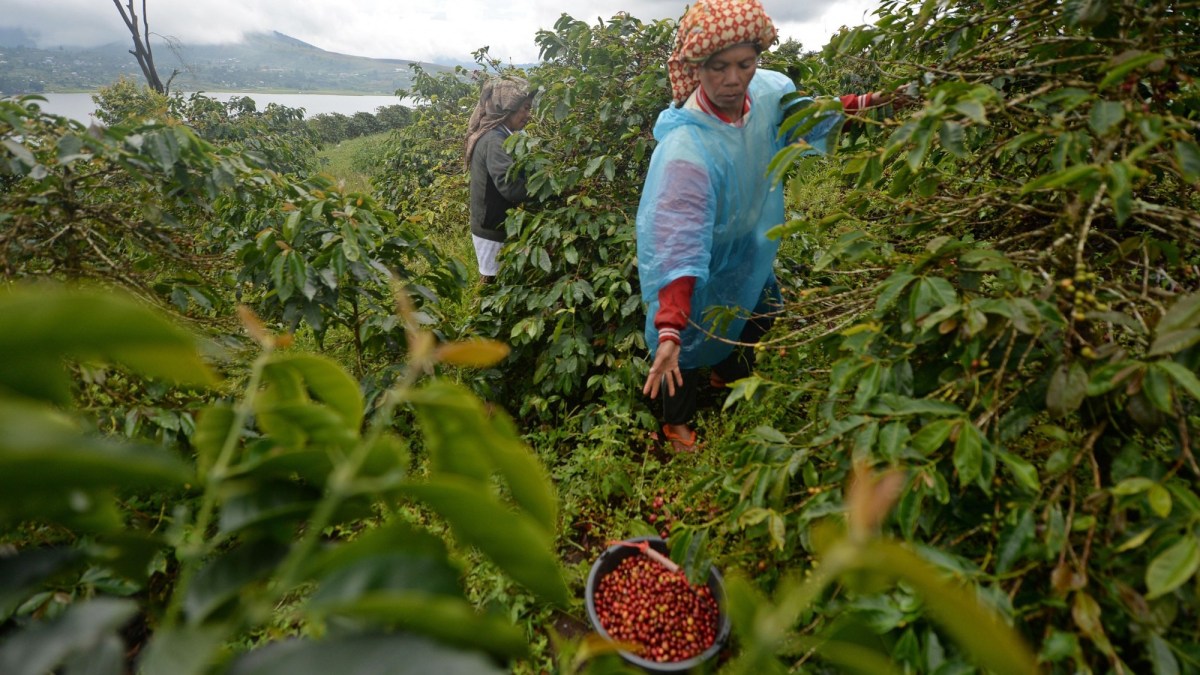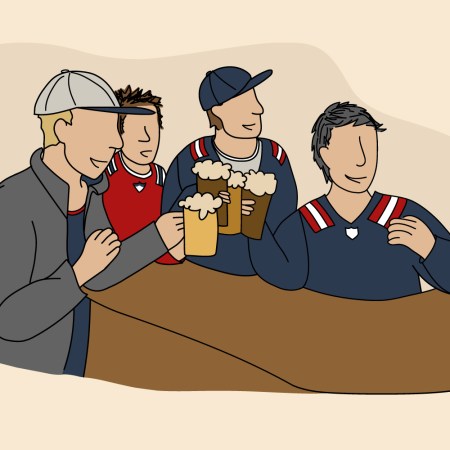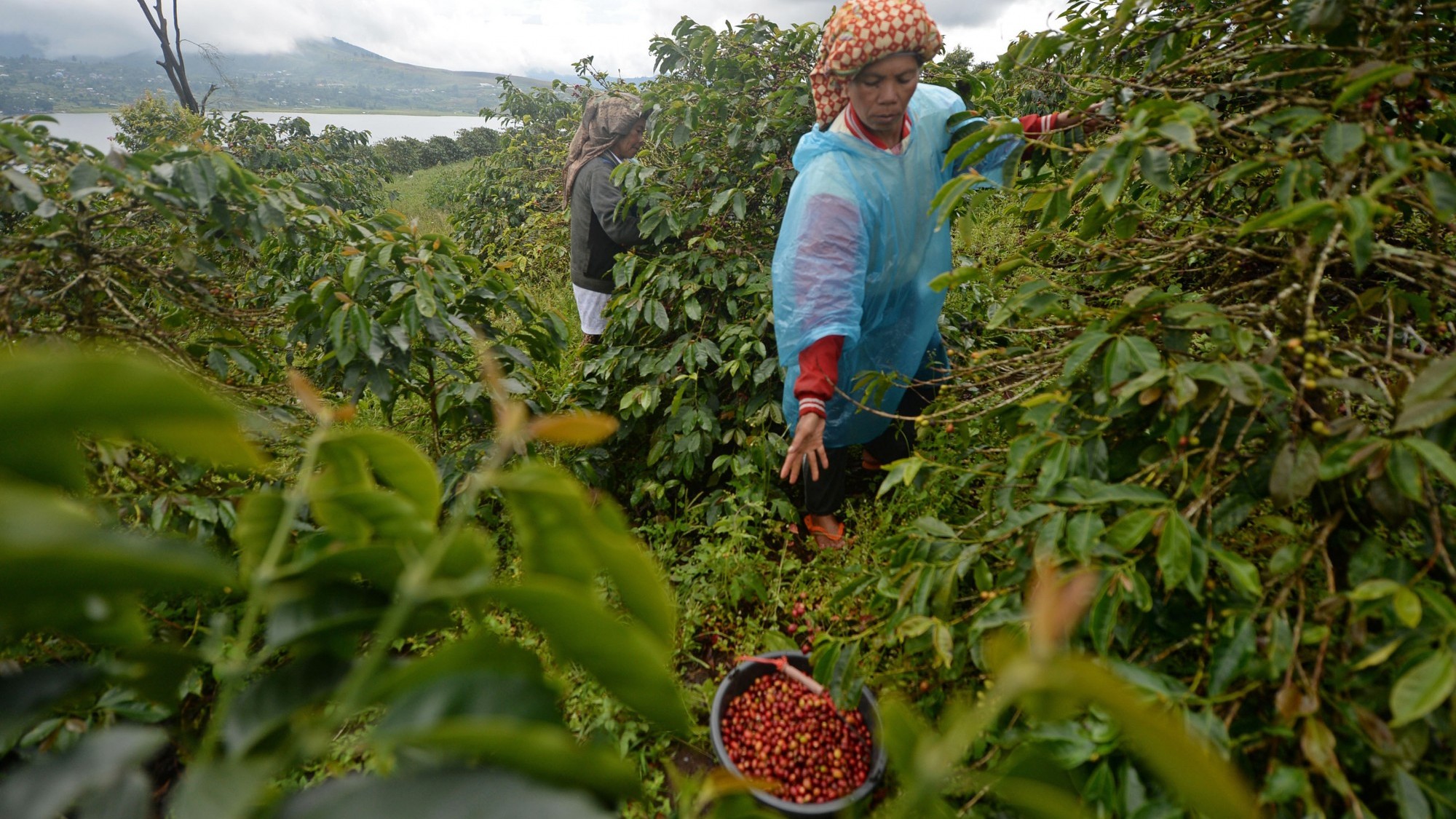
An employee harvests Arabica coffee cherries at the Solok Radjo Cooperative coffee farm in Alahan Panjang, West Sumatra, Indonesia, on Friday, July 15, 2016. (Dimas Ardian/Bloomberg via Getty Images)
In a country where things are rapidly changing, traditions are held on to dearly in China. That’s why a recent USDA study is so surprising. It showed China’s coffee consumption tripled in the past four years, which is faster than any other market. For a traditionally tea-drinking society, that means big changes for businesses now needing to cater to a burgeoning new market. BBC‘s Jessica Myers explored how Chinese and international companies like Starbucks are adapting to this booming coffee craze. She explains the change as a socially driven one:
“Java’s rise exemplifies China’s swing toward a consumer-driven economy, fuelled largely by changing desires of an expanding middle class. More Chinese are travelling abroad and have sipped espressos in Japan or finished term papers at US cafes. And unlike their parents, much of China’s younger generation is coming of age surrounded by coffee shops.”
Read her full take here. See what it takes to grow coffee in the photo story below.
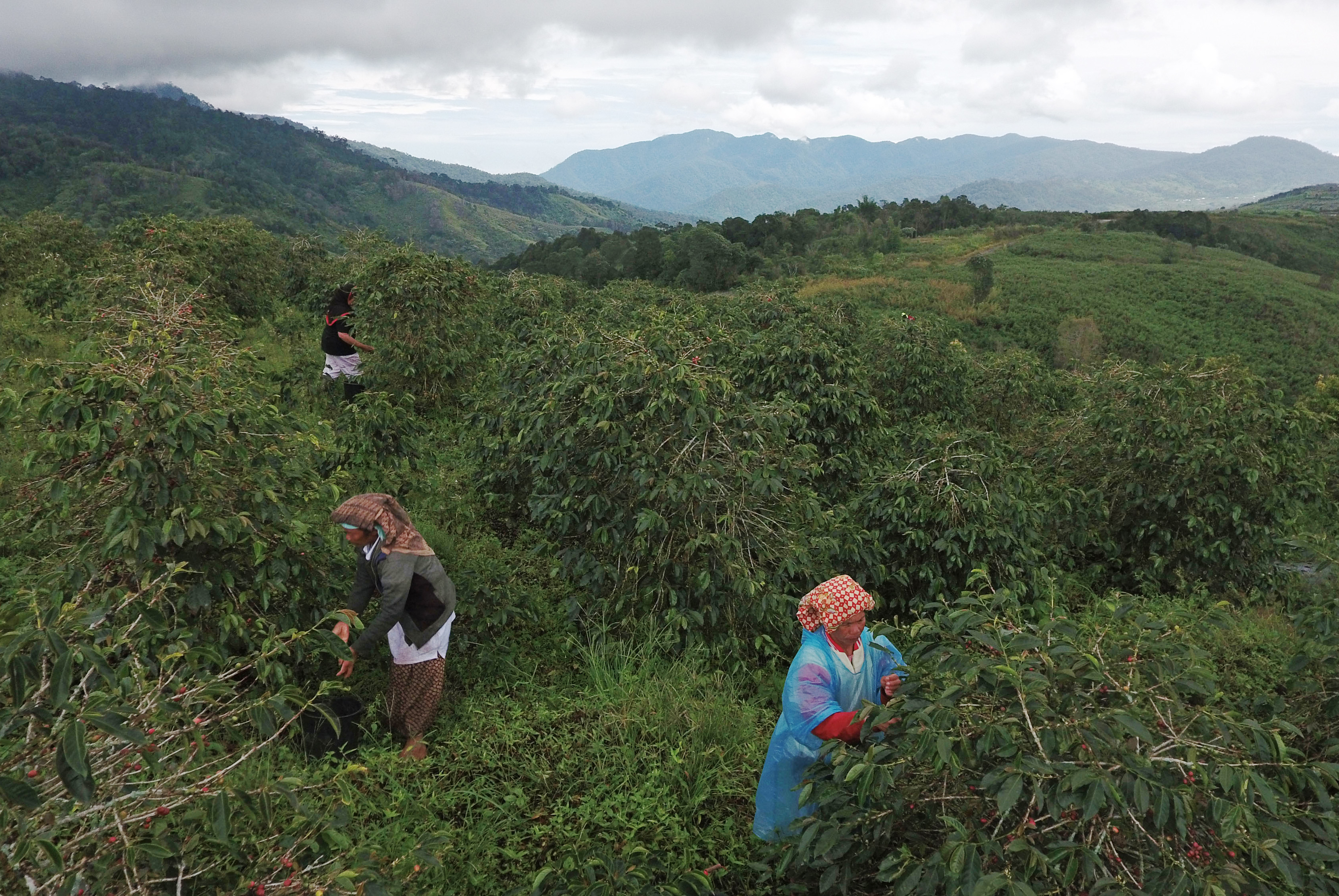
Employees harvest Arabica coffee cherries at the Solok Radjo Cooperative coffee farm in Alahan Panjang, West Sumatra, Indonesia, on Friday, July 15, 2016. Coffee production in Indonesia will probably drop 10 percent this year after dry weather caused by the worst El Nino in almost two decades damaged some crops and delayed the harvest. (Dimas Ardian/Bloomberg via Getty Images)
Bloomberg via Getty Images
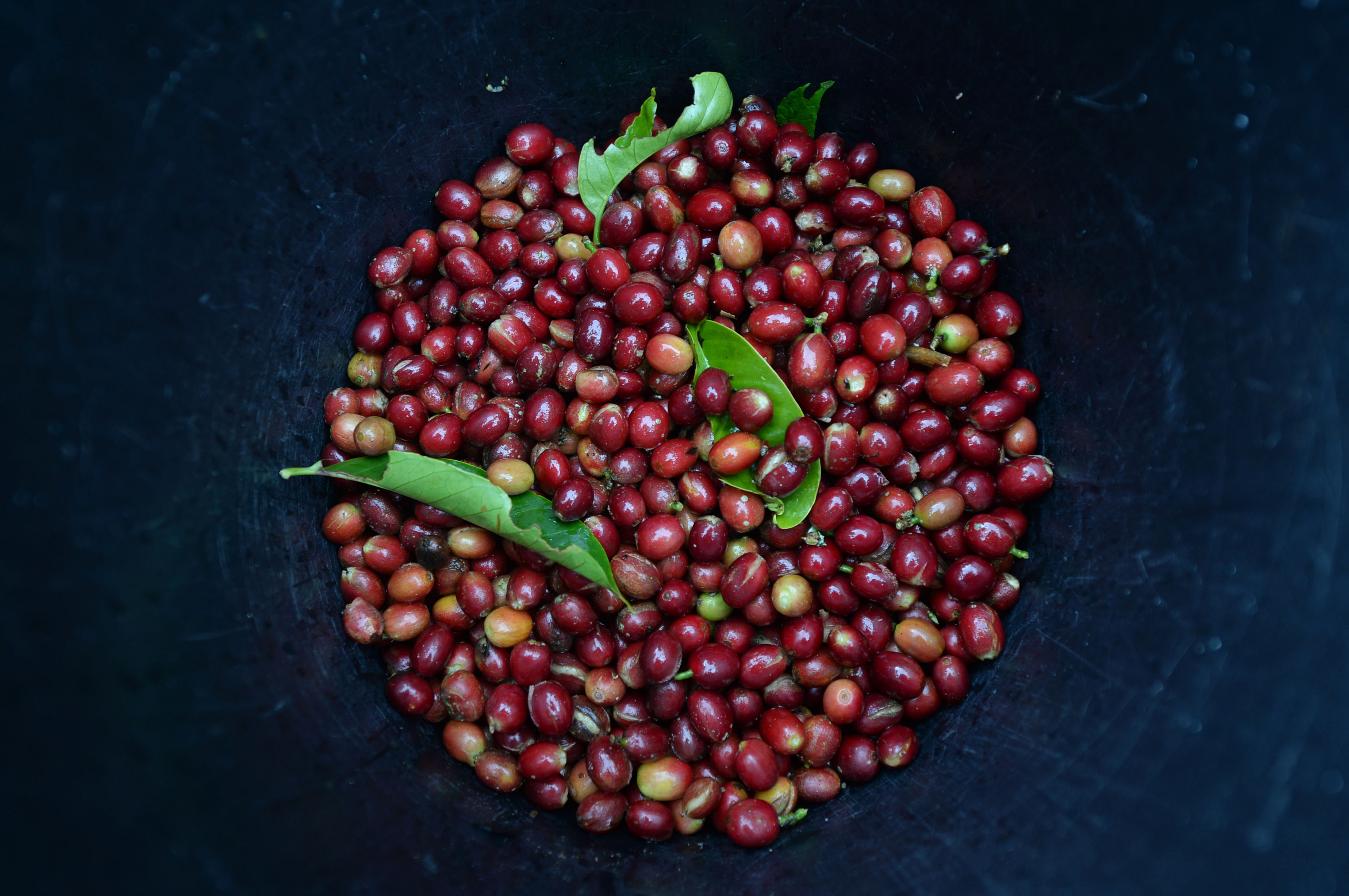
Harvested Arabica coffee cherries sit in a bowl at the Solok Radjo Cooperative coffee farm in Alahan Panjang, West Sumatra, Indonesia, on Friday, July 15, 2016. (Dimas Ardian/Bloomberg via Getty Images)
Bloomberg via Getty Images
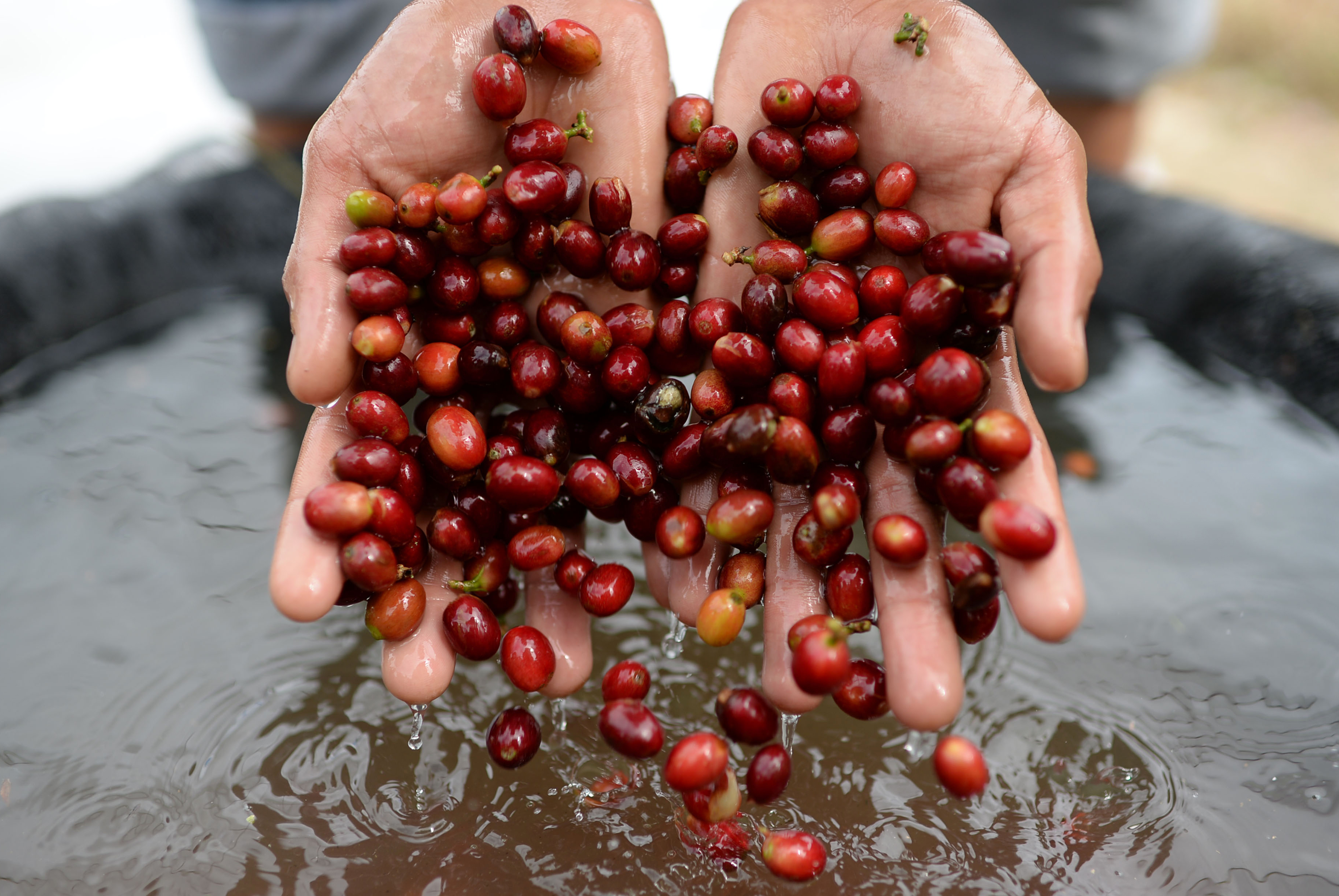
An employee holds Arabica coffee cherries for a photograph at the Solok Radjo Cooperative coffee farm in Alahan Panjang, West Sumatra, Indonesia, on Friday, July 15, 2016. (Dimas Ardian/Bloomberg via Getty Images)
Bloomberg via Getty Images
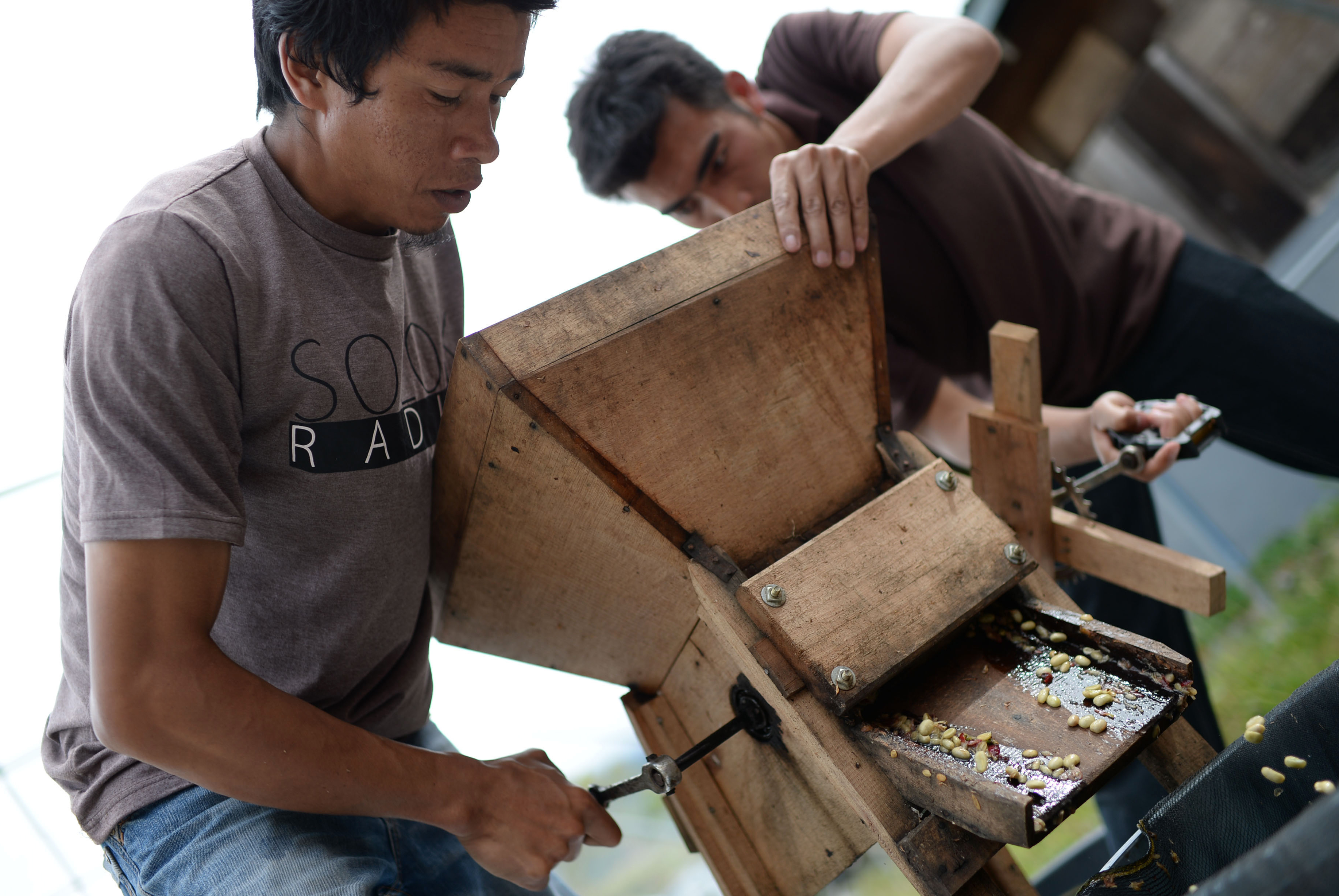
Employees grind Arabica coffee cherries using a grinding machine at the Solok Radjo Cooperative coffee farm in Alahan Panjang, West Sumatra, Indonesia, on Friday, July 15, 2016. (Dimas Ardian/Bloomberg via Getty Images)
Bloomberg via Getty Images
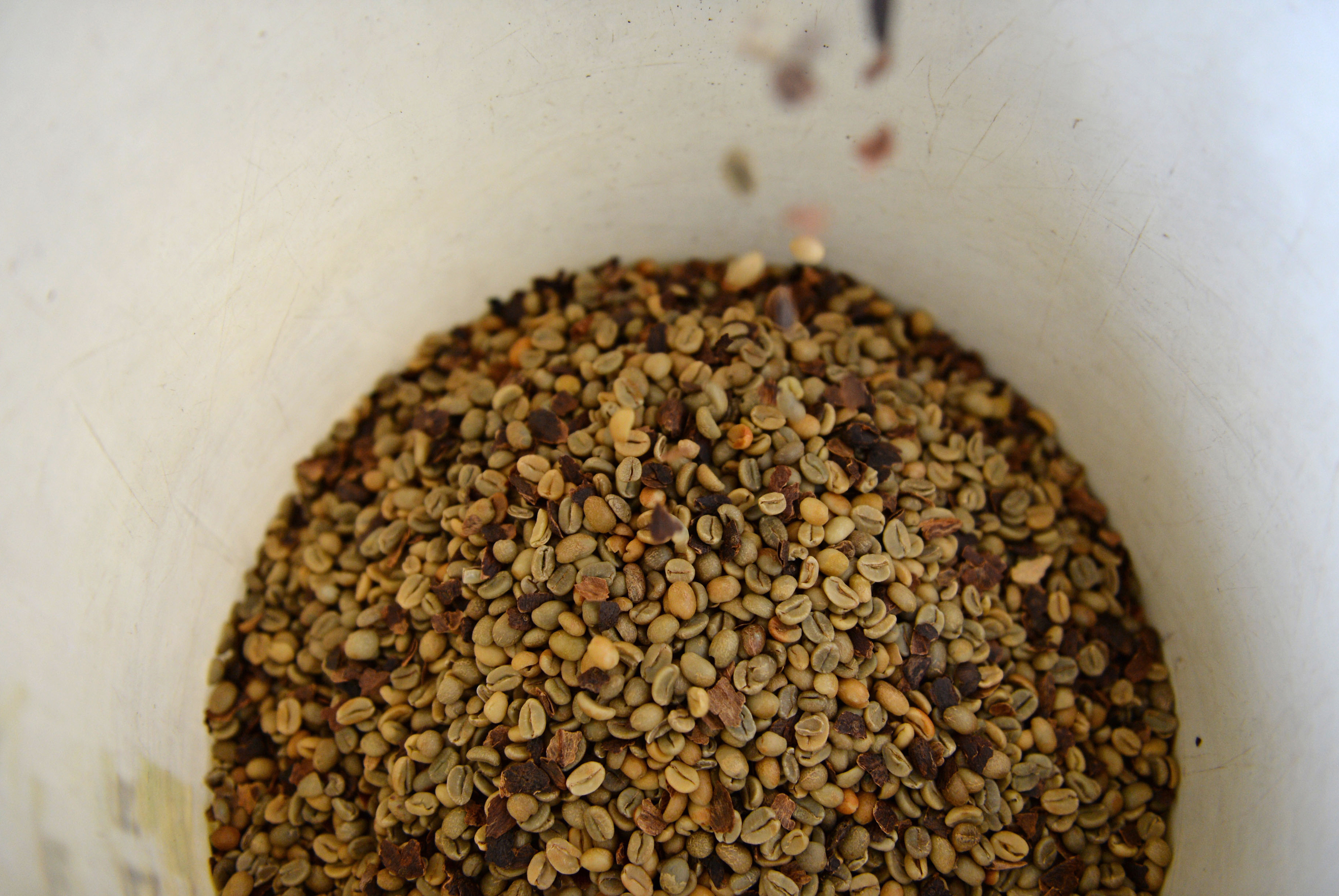
Freshly peeled Arabica coffee beans collect in a bucket at the Solok Radjo Cooperative coffee farm in Alahan Panjang, West Sumatra, Indonesia, on Friday, July 15, 2016. (Dimas Ardian/Bloomberg via Getty Images)
Bloomberg via Getty Images
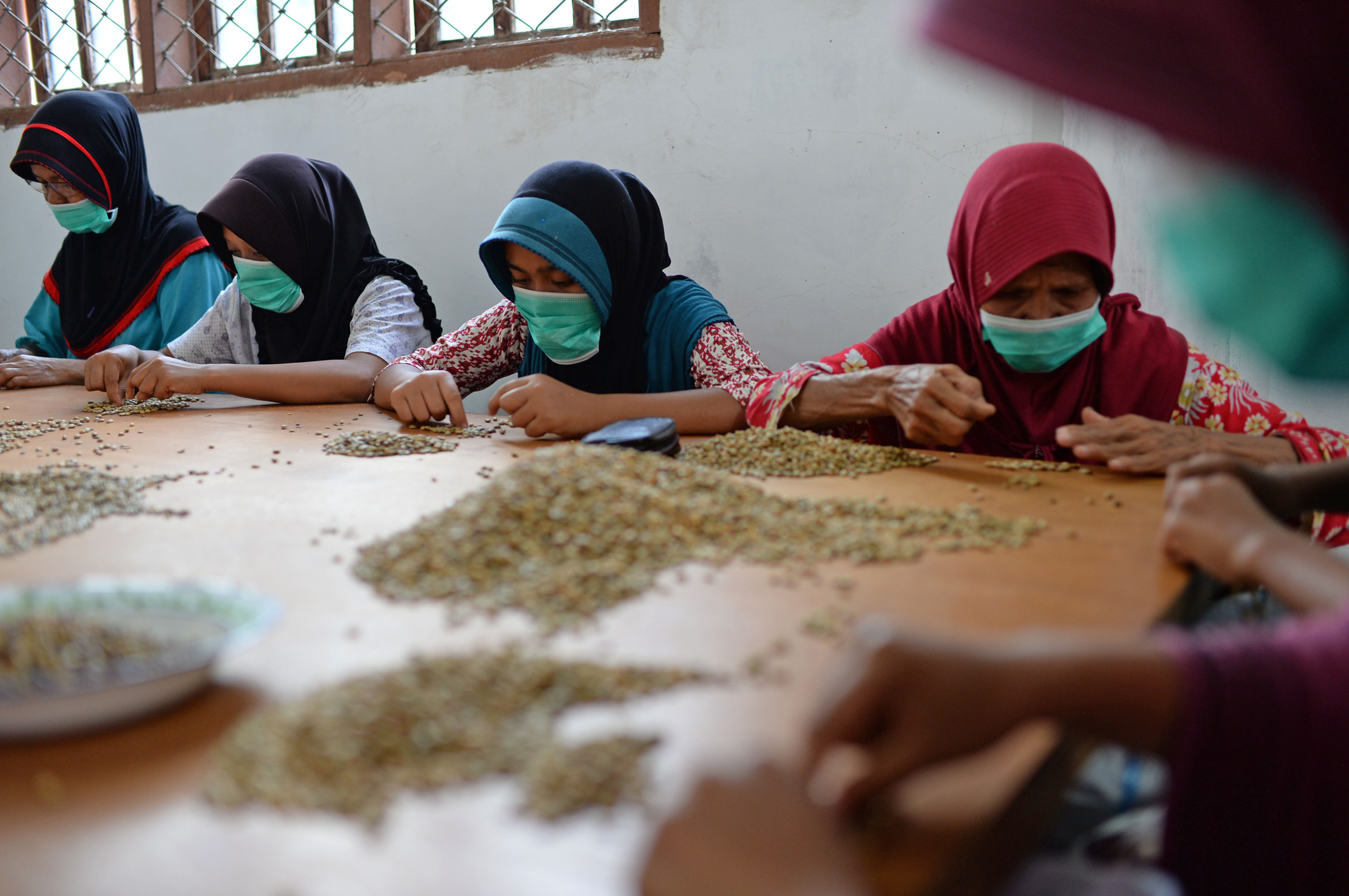
Employees inspect Arabica coffee beans at the Solok Radjo Cooperative coffee farm in Alahan Panjang, West Sumatra, Indonesia, on Friday, July 15, 2016. (Dimas Ardian/Bloomberg via Getty Images)
Bloomberg via Getty Images
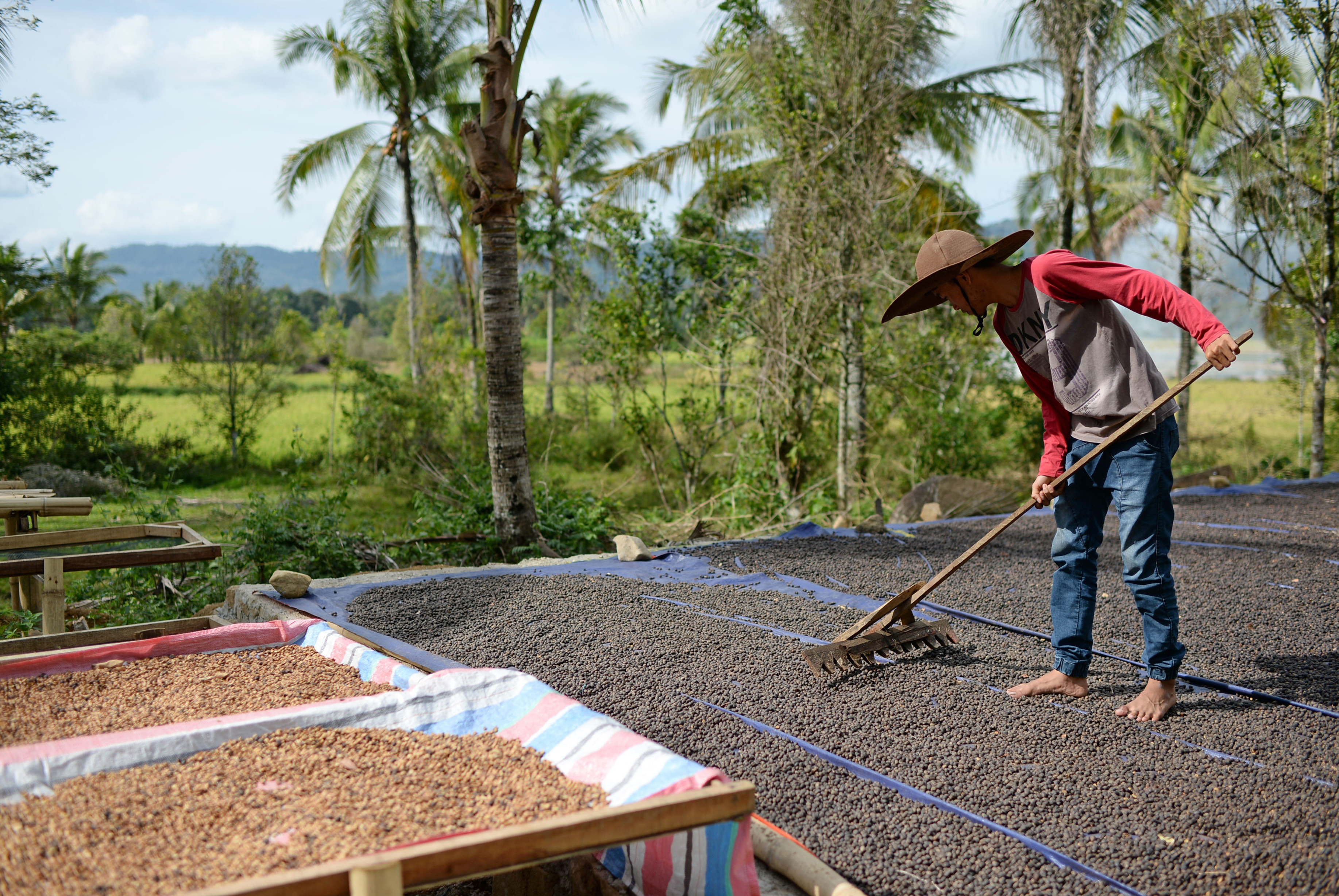
An employee lays out Arabica coffee cherries for drying at the Solok Radjo Cooperative coffee farm in Alahan Panjang, West Sumatra, Indonesia, on Friday, July 15, 2016. (Dimas Ardian/Bloomberg via Getty Images)
Bloomberg via Getty Images
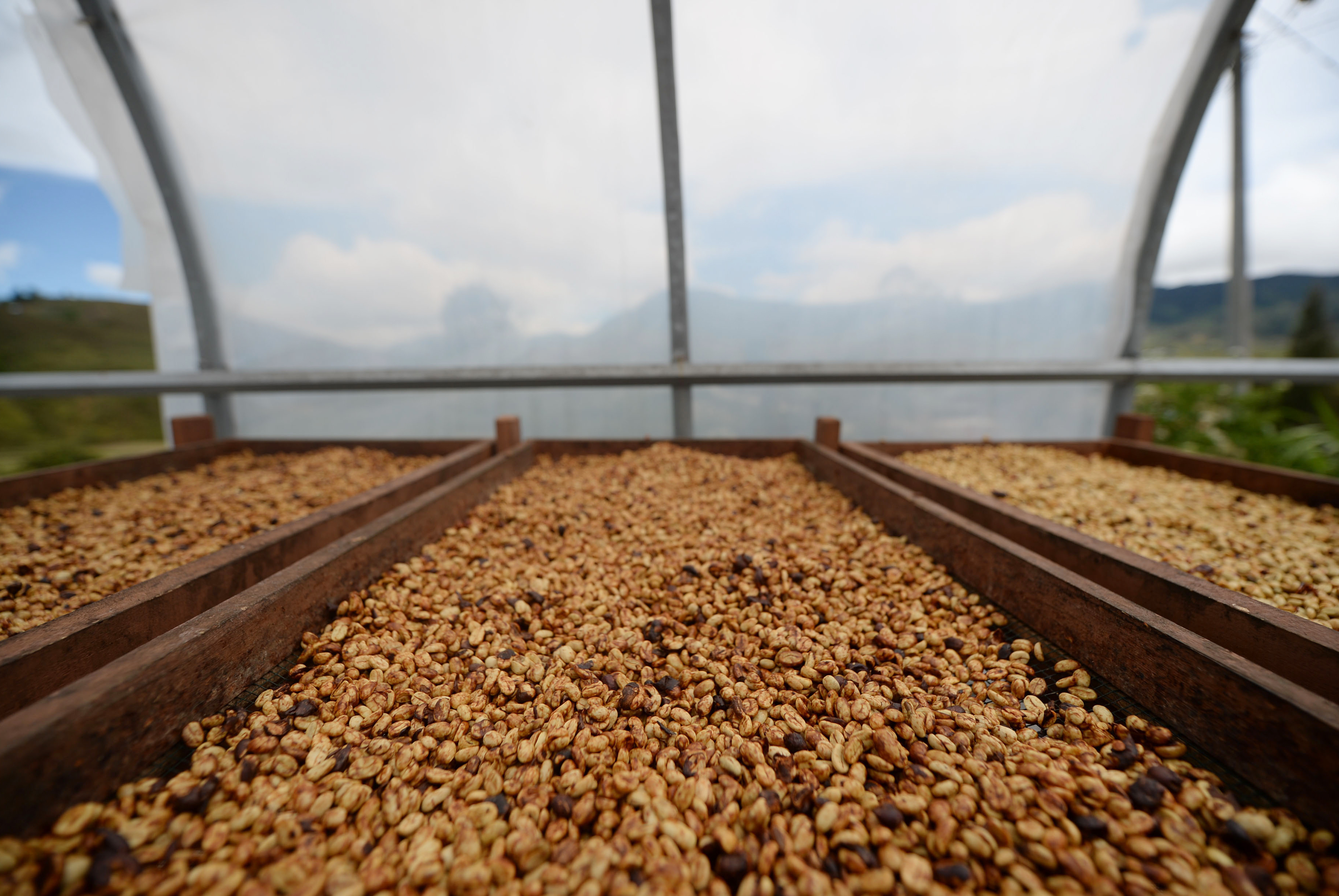
Arabica coffee beans are laid out for drying at the Solok Radjo Cooperative coffee farm in Alahan Panjang, West Sumatra, Indonesia, on Friday, July 15, 2016. (Dimas Ardian/Bloomberg via Getty Images)
Bloomberg via Getty Images
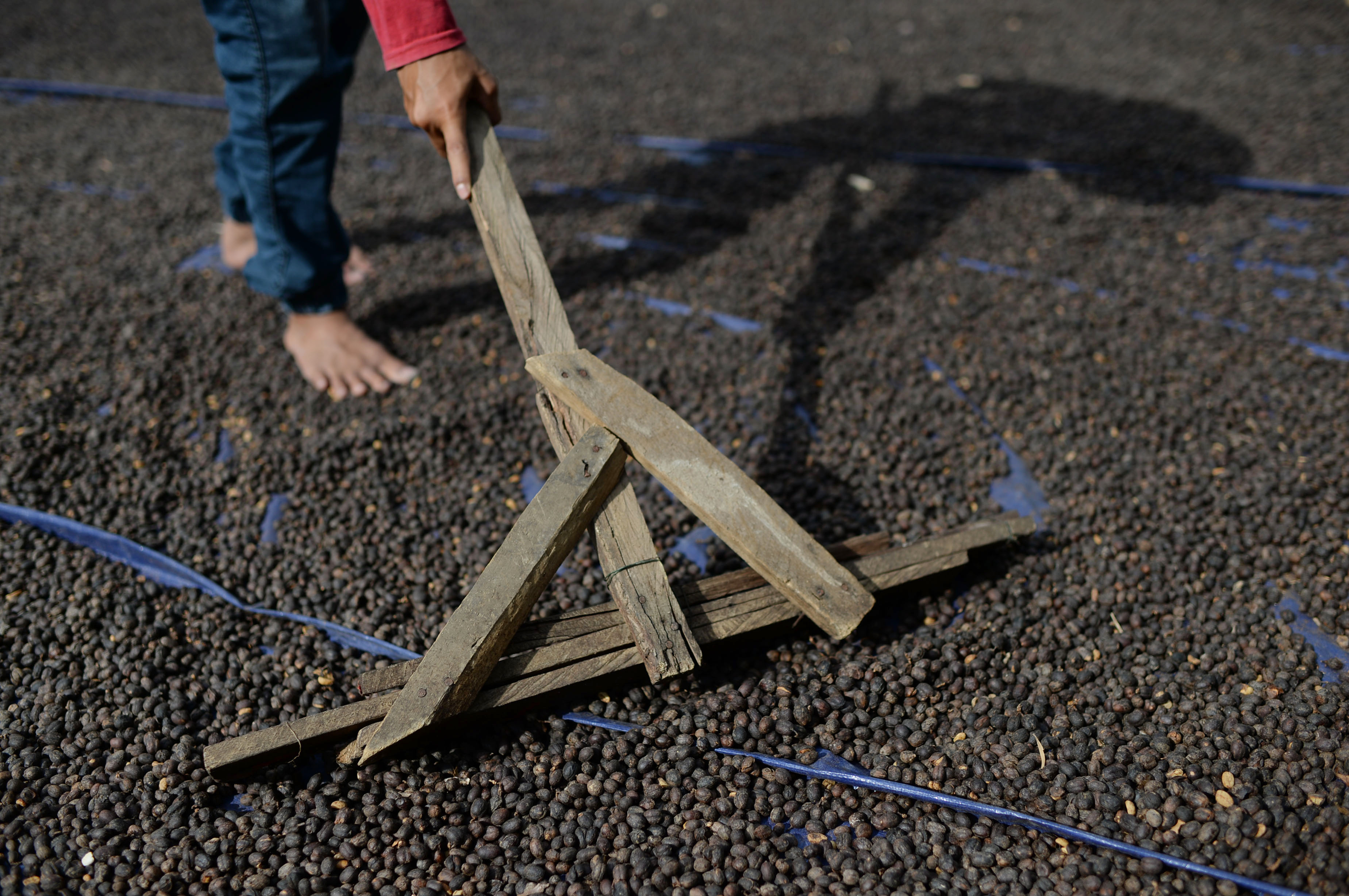
An employee lays out Arabica coffee cherries for drying at the Solok Radjo Cooperative coffee farm in Alahan Panjang, West Sumatra, Indonesia, on Friday, July 15, 2016. (Dimas Ardian/Bloomberg via Getty Images)
Bloomberg via Getty Images
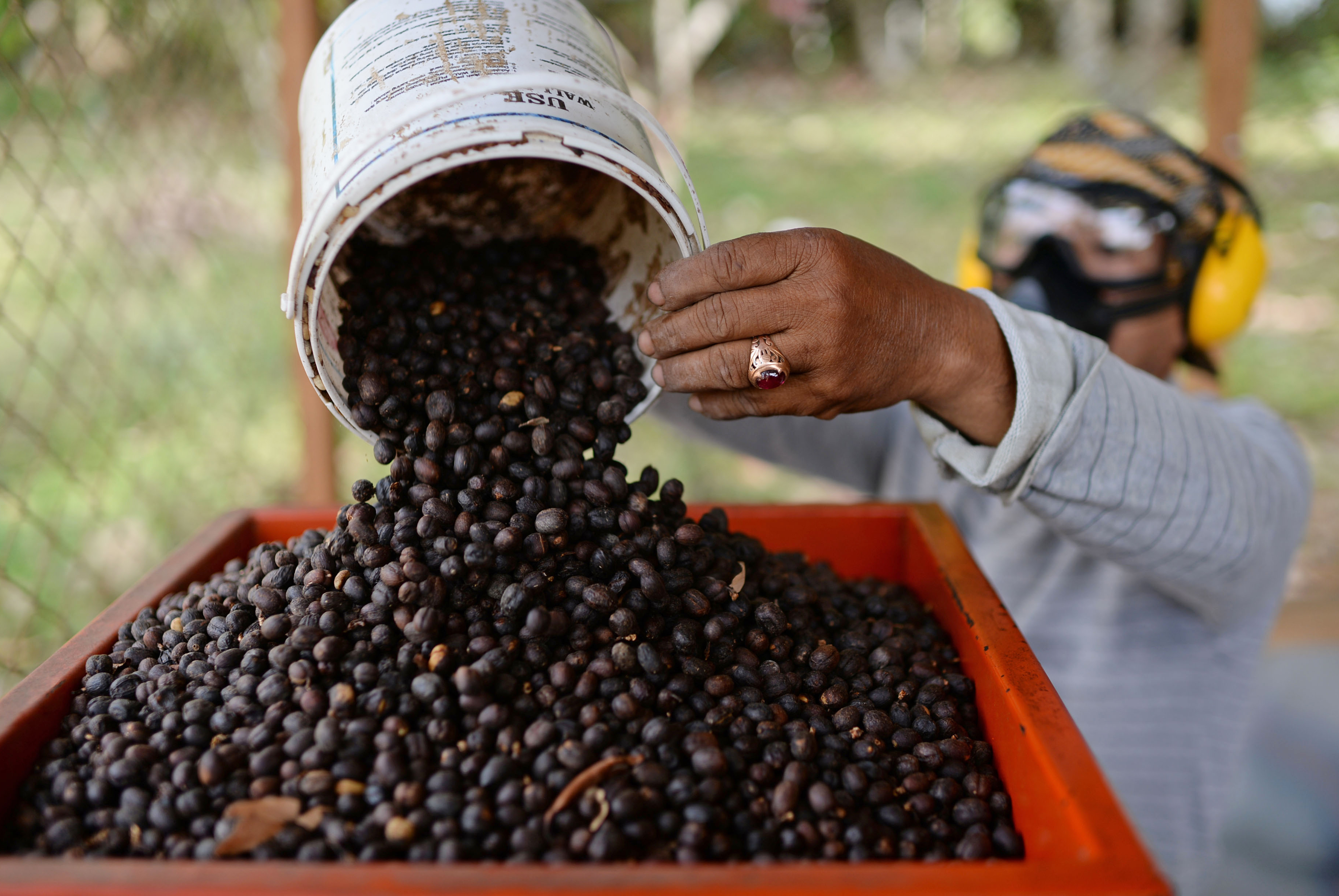
An employee pours Arabica coffee cherries into a peeling and grinding machine at the Solok Radjo Cooperative coffee farm in Alahan Panjang, West Sumatra, Indonesia, on Friday, July 15, 2016. (Dimas Ardian/Bloomberg via Getty Images)
Bloomberg via Getty Images
Join America's Fastest Growing Spirits Newsletter THE SPILL. Unlock all the reviews, recipes and revelry — and get 15% off award-winning La Tierra de Acre Mezcal.











